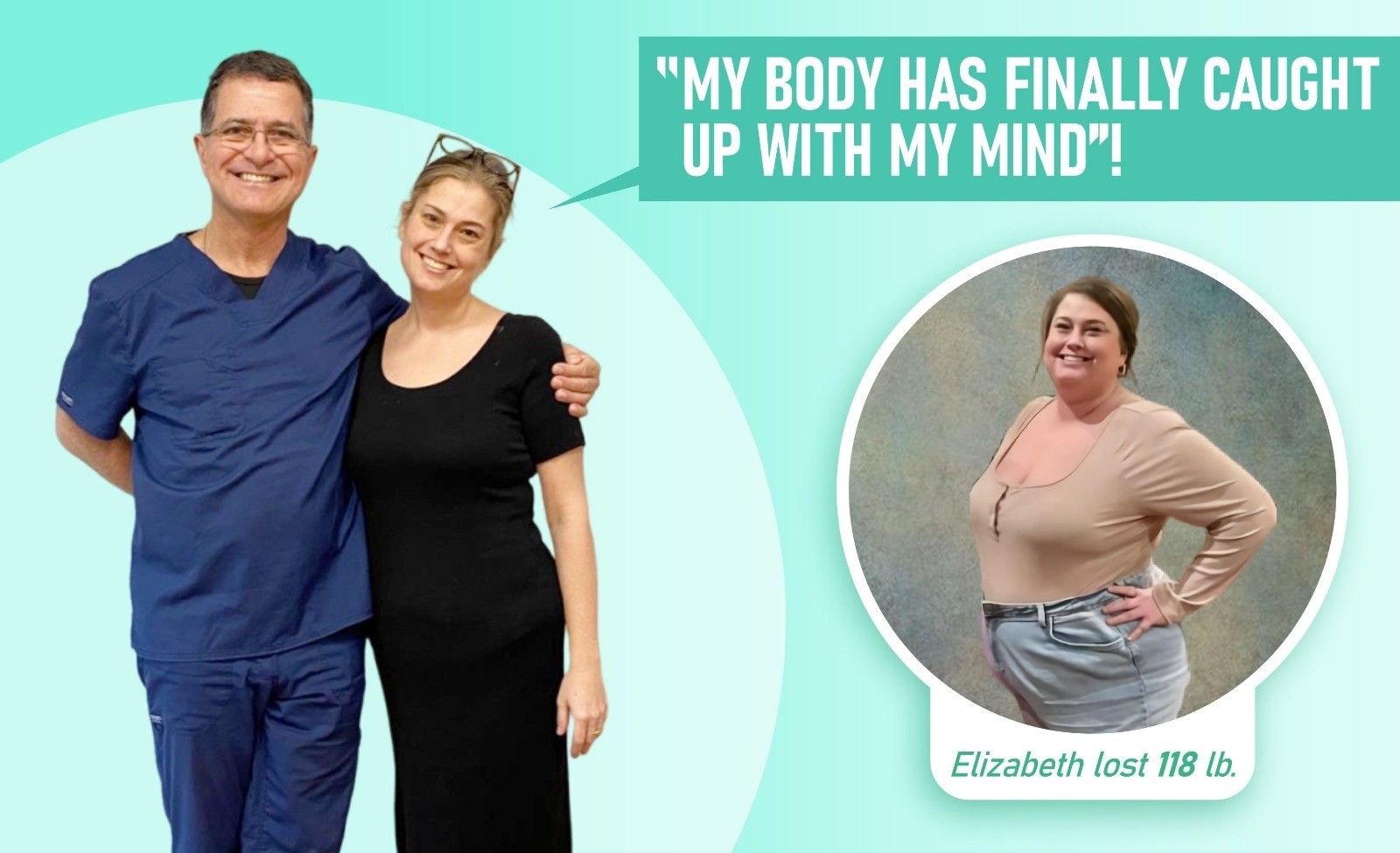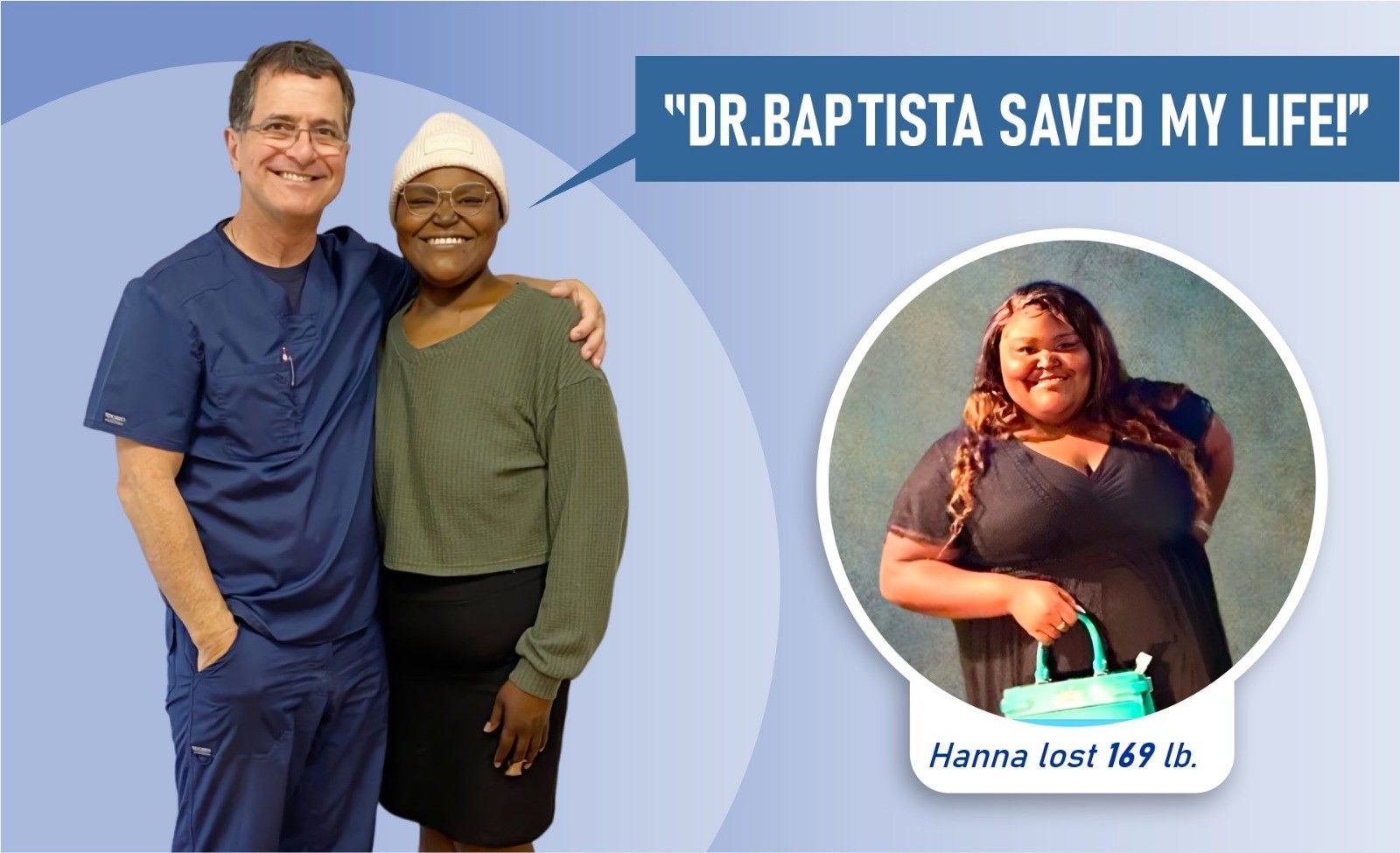Weight Loss Surgery in Jacksonville, Florida
Bariatric Surgery Myths
For patients considering bariatric surgery, it’s important to have all the information before committing to a procedure like the Lap-Band® gastric band. Unfortunately, when it comes to weight-loss surgery, there is no shortage of misinformation out there. Today, we’ll look at some of the most common myths surrounding bariatric surgery and help you distinguish fiction from fact.

List of Services
-
Myth #1: Bariatric Surgery is Unnecessary—Diet and Exercise is All That’s NeededLearn More List Item 1
The belief that weight loss is solely a matter of willpower is as pervasive as it is untrue. Whether you’re losing weight with or without the assistance of bariatric surgery, the motivation to work hard and the commitment to making lifestyle changes are still necessary. Making healthier diet choices, limiting meal portions, regular exercise—whichever method of weight loss a person chooses, hard work is essential.
However, for some people, diet and exercise alone aren’t enough to achieve the results they’re looking for. For many severely obese people, even if they lose weight with these methods, they often gain it back again. For those people, bariatric surgery may be necessary to reach their long-term weight-loss goals.
This myth especially coincides with the belief that bariatric surgery is the “easy way” to lose weight—again, this isn’t true. To even quality for a bariatric procedure, most surgeons need to see evidence that the patient has tried traditional methods of weight loss in the past.
-
Myth #2: Bariatric Surgery Causes ScarringLearn More List Item 2
This is a common concern for many bariatric patients—that their surgery will leave behind a large, unsightly scar. While this may have been true in the past, it certainly isn’t any longer. These days, bariatric surgery is minimally invasive, performed with the assistance of a laparoscopic camera and a few small incisions just 5 to 20 millimeters long. With proper aftercare, these scars can fade to near invisibility.
-
Myth #3: Bariatric Surgery Affects Vitamin and Mineral AbsorptionItem Link
There are several different types of bariatric surgery. Surgeries that remove portions of the stomach or reroute portions of the digestive tract are considered malabsorptive, which means calories can pass through the digestive system without being absorbed. While these types of surgeries do result in rapid weight loss, they also affect the way your body absorbs important vitamins and minerals. Patients who choose these procedures will need to take supplements on a lifelong basis after surgery.
However, there are bariatric surgeries that are non-malabsorptive, like the Lap-Band surgery. With the Lap-Band, there is no partial amputation or digestive rerouting involved; instead, an adjustable silicone band is used to section off a small portion of the upper stomach. This restricts the amount of food your stomach can hold, leading to weight loss, but still allows your body to continue absorbing the nutrients it needs. While Lap-Band patients will still need a daily multivitamin to prevent deficiencies, they won’t need to follow a complicated supplement routine.
You may be a candidate for Lap-Band surgery if you have a BMI of 30, are suffering from an obesity-related disease, and have been unsuccessful with diet and exercise. To learn more about Lap-Band surgery in the Jacksonville, FL, area, contact Dr. Michael Baptista and his team.
The Lap-Band Procedure Resources
Patient Success Stories



Patient Success Stories
Discover and learn from the successful weight loss journeys of real patients under the care of Dr. Baptista




All Rights Reserved | Dr. Baptista's Bariatric Center | Privacy Policy and Medical Disclaimer | Powered by Bizimage Marketing


